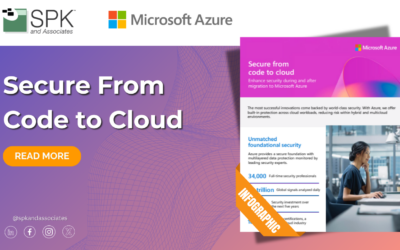As the push towards the cloud continues, the inertia of its popularity can leave CTOs with the impression that the world is black and white with only two options: in the cloud or not in the cloud. The nuances and diversity of solutions can therefore be lost in the hype.
This polarization of solutions can be misleading in the sense that other possibilities are ignored. Application Management Services are a prime example of an area where a cloud based solution is available and offers certain benefits, including one of the lowest total cost of ownership (TCO), however the loss of flexibility and customization means that others solutions could be more attractive.
Application Management Services can be broadly divided into four solution types: Internal, Outsourced, Hosted and the Cloud — each of the four has its own advantages and disadvantages. In general; Hosted and Cloud based solutions have the lowest TCOs when compared to Internal or Outsourced solutions, however a level of flexibility is lost which can only be fully realized with an in-house or outsourced solution.
Internal application support offers the most flexibility and customization possibilities. The development and support is carried out by in-house engineers but it has the highest total cost of ownership, no guarantees of service levels and often an ad-hoc approach.
By moving to an outsourced solution, a high level of customization and flexibility is maintained, ownership costs are reduced and service level agreements are put into place. However deployment and scalability can still be a problem.
Hosted application management adds rapid deployment and scalability while reducing costs. Pricing becomes fixed and in-house development staff are freed for innovation. Hosted application management tends to be industry specific which means that there is a lot of specialist knowledge and industry specific expertise available.
The cloud allows for dynamic provisioning to handle spikes in demand and adds elastic capacity capabilities, however it offers the least flexibility in terms of customization mainly due to the necessity of working within the predefined infrastructure of the cloud provider and using rigid service APIs.
Choosing the best application management service is essential in terms of business strategy and growth. The options for moving applications away from in-house are varied and the cloud isn’t the only solution. Hosted application management provides the best of all the scenarios by maintaining flexibility while reducing ownership costs and offering rapid deployment and high scalability.
Using an application management service specialist can ensure that your business uses the best solution for your sector, achieves the best total cost of ownership available while maintaining the desired level of control and customization.






